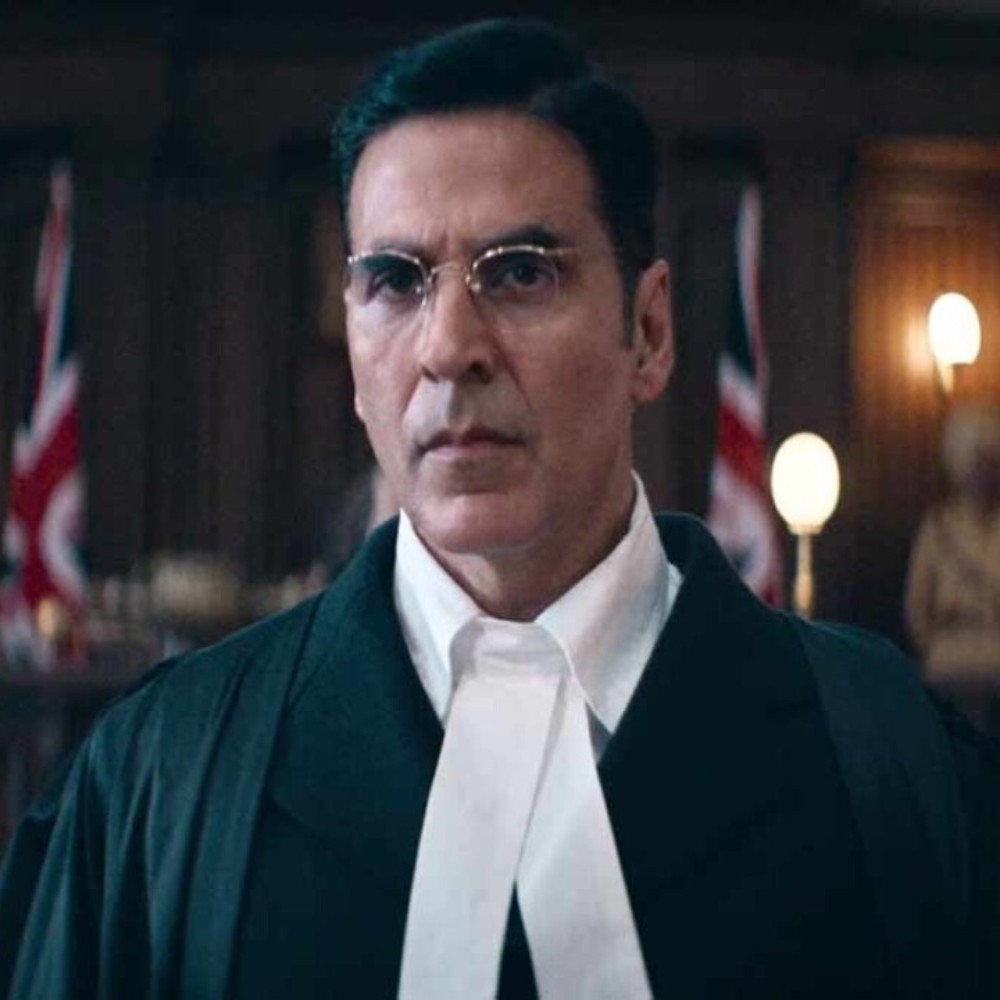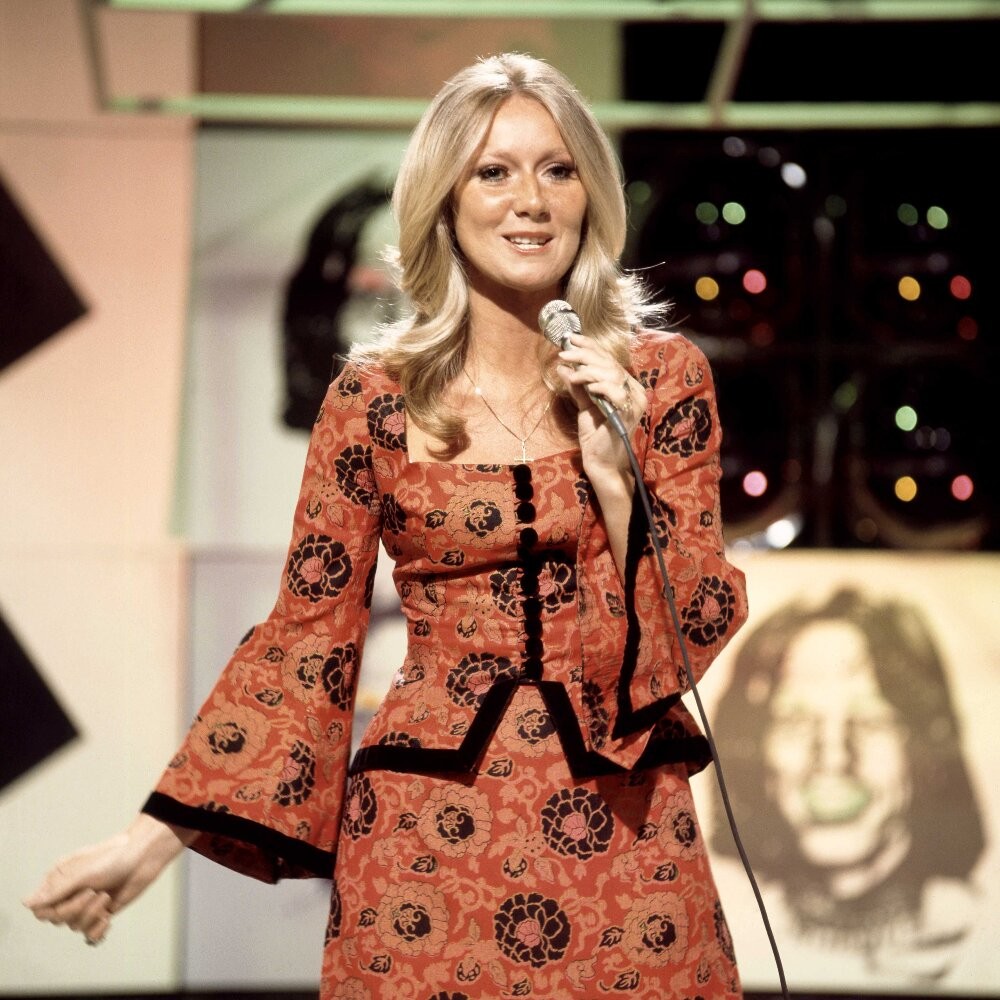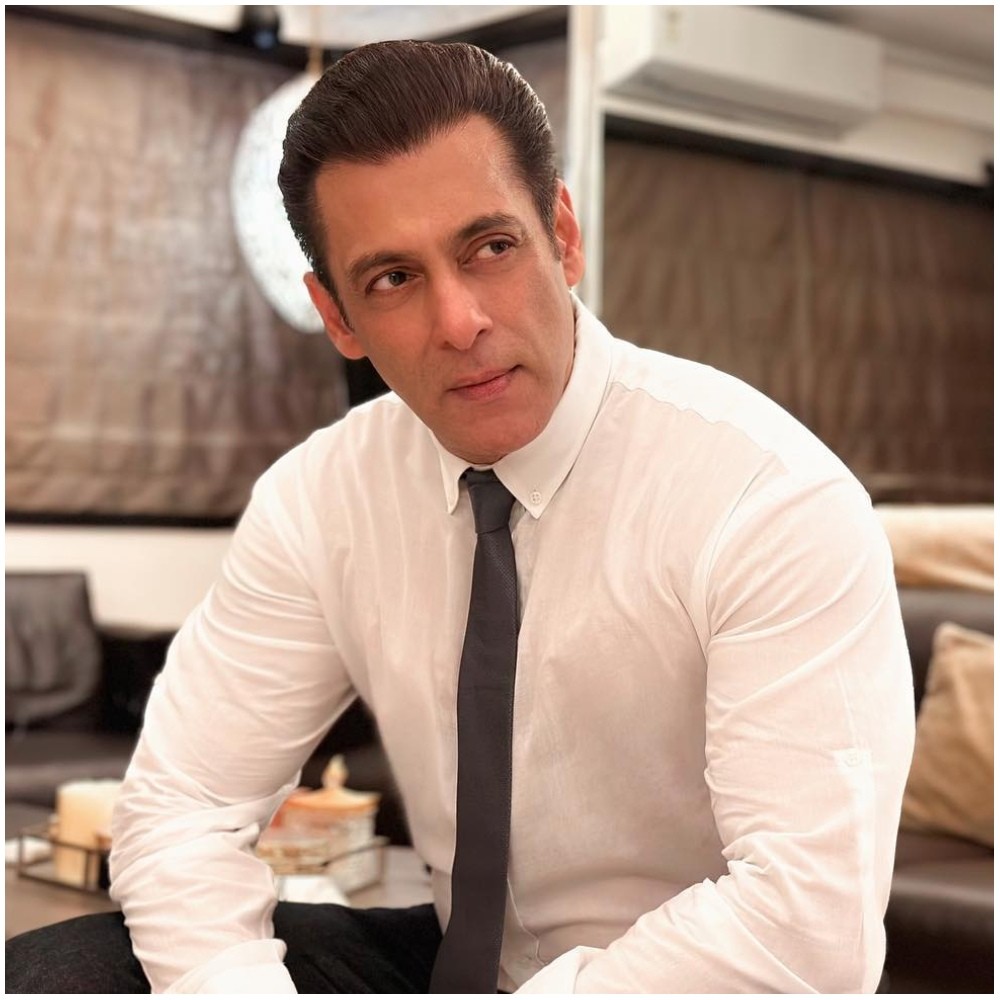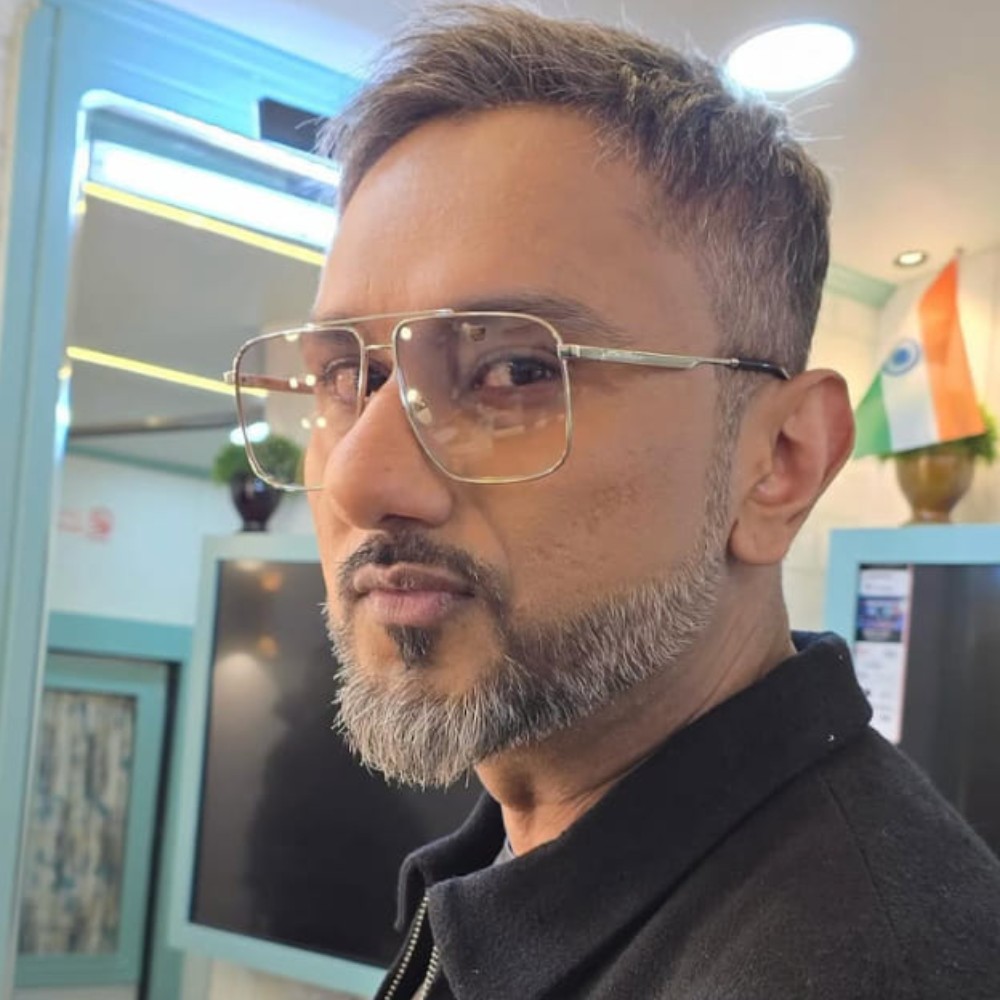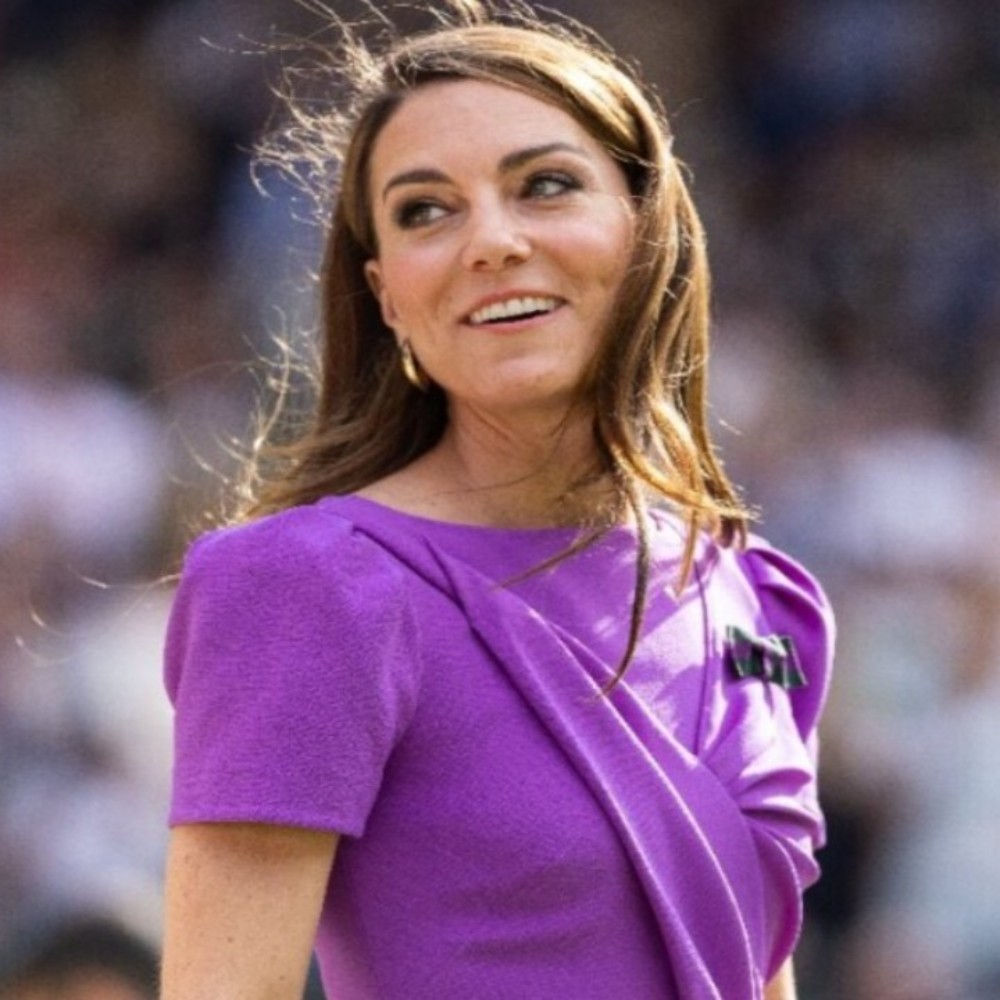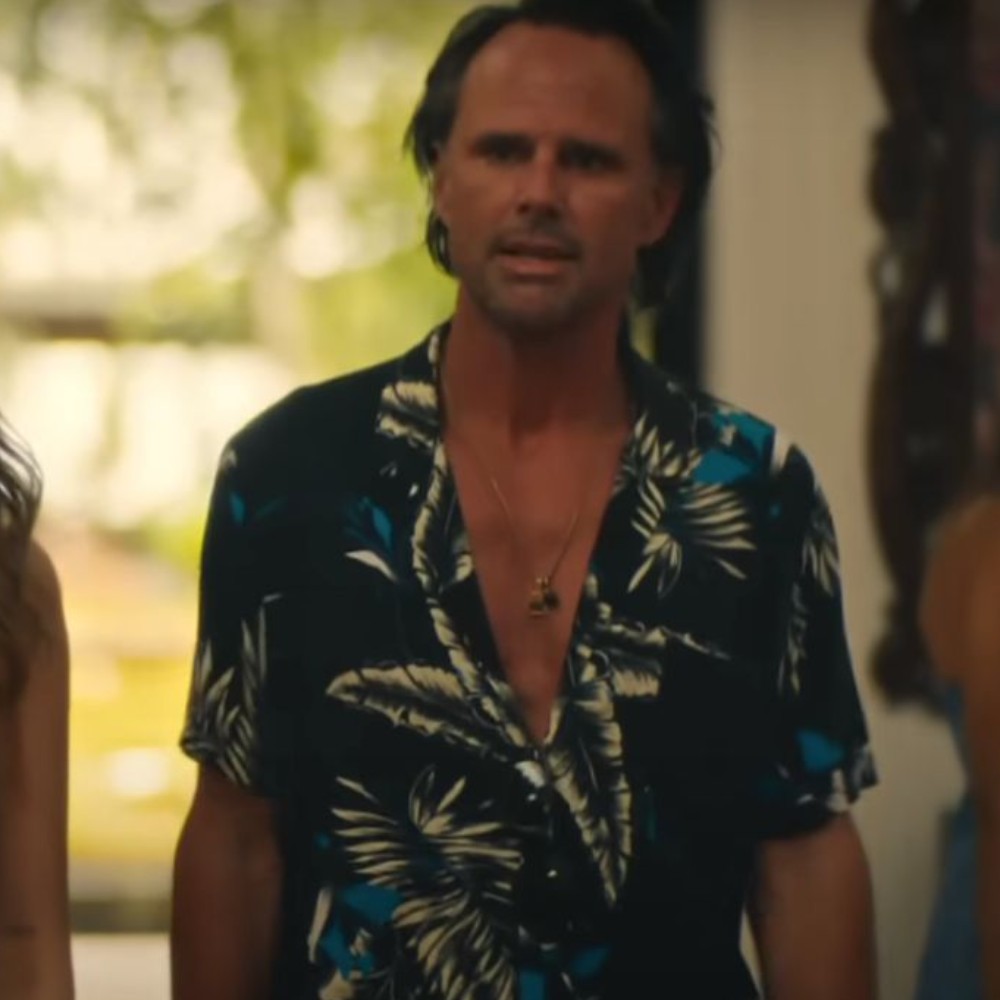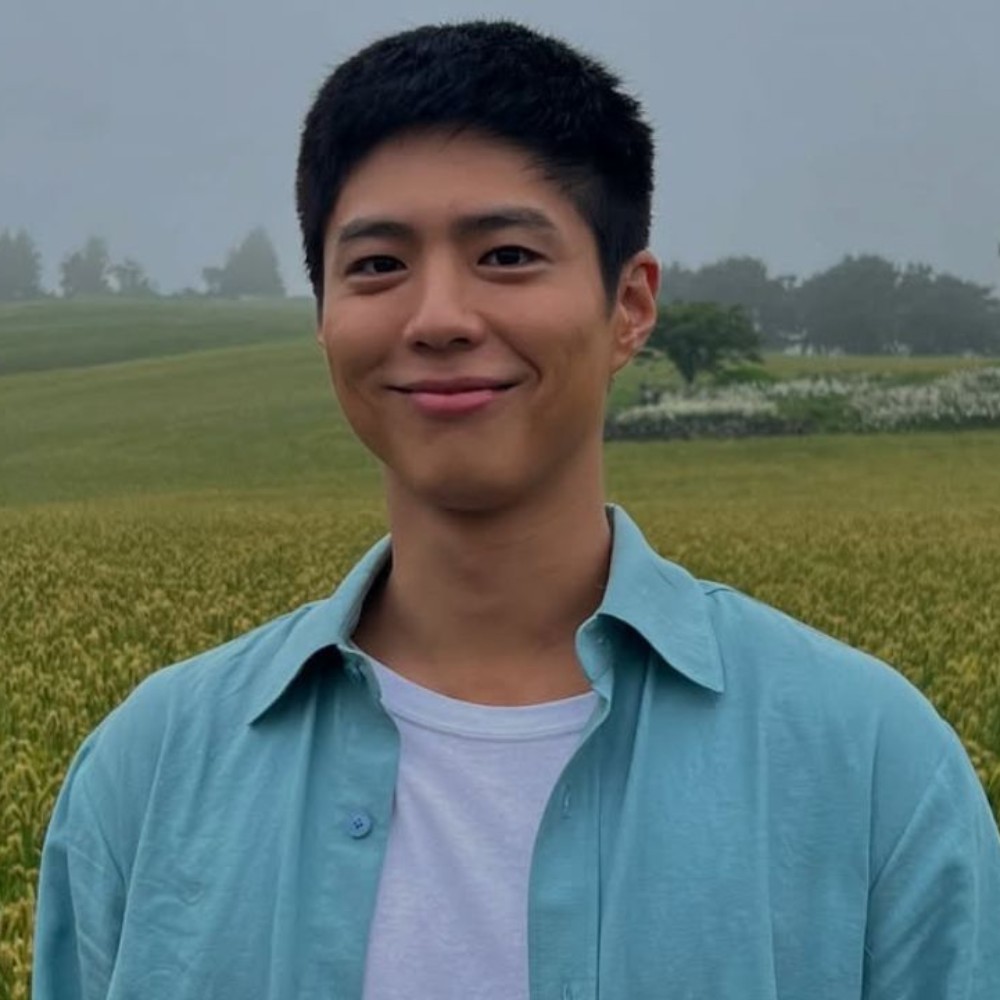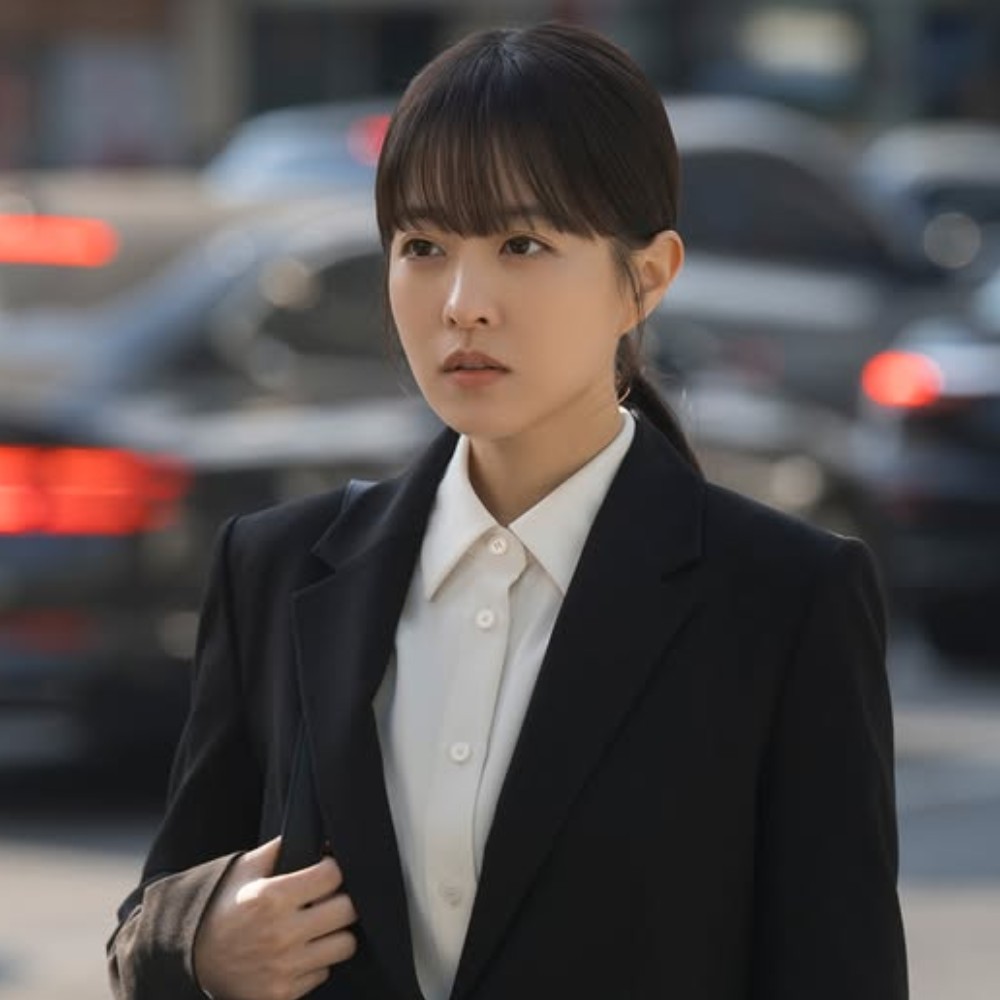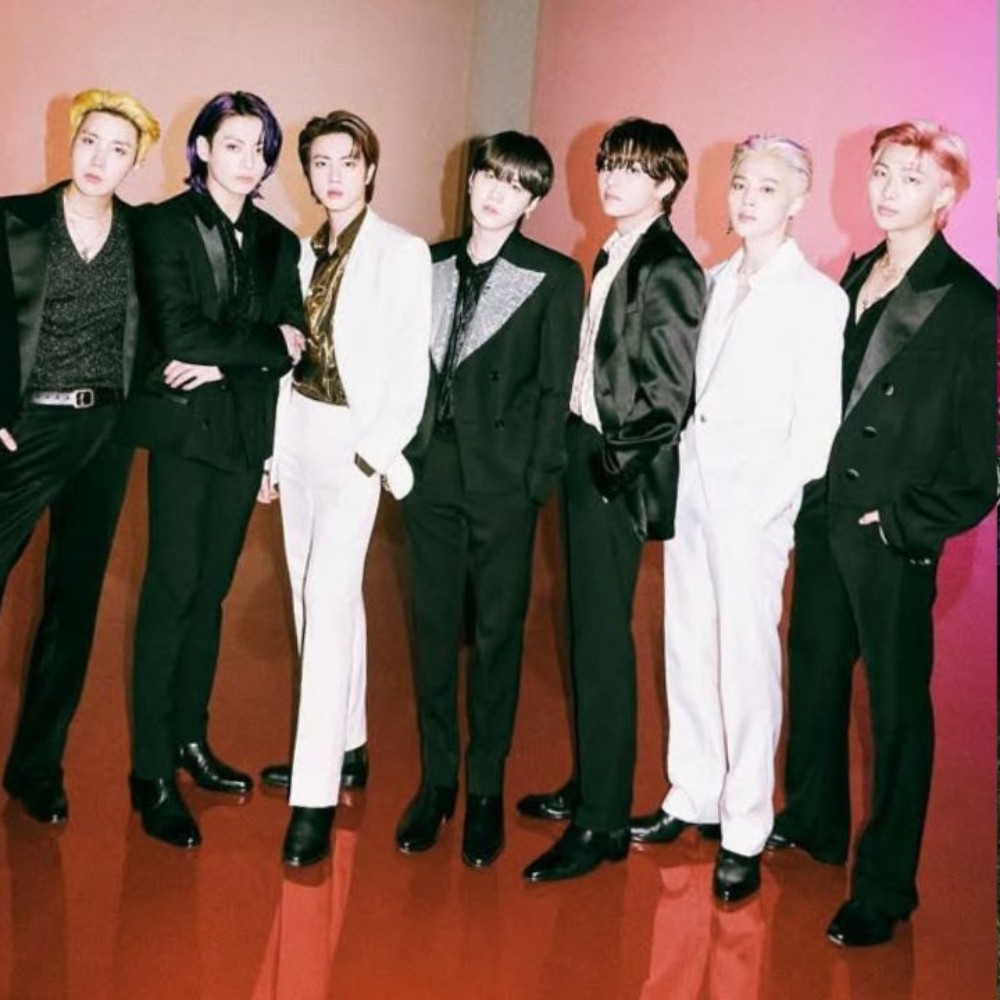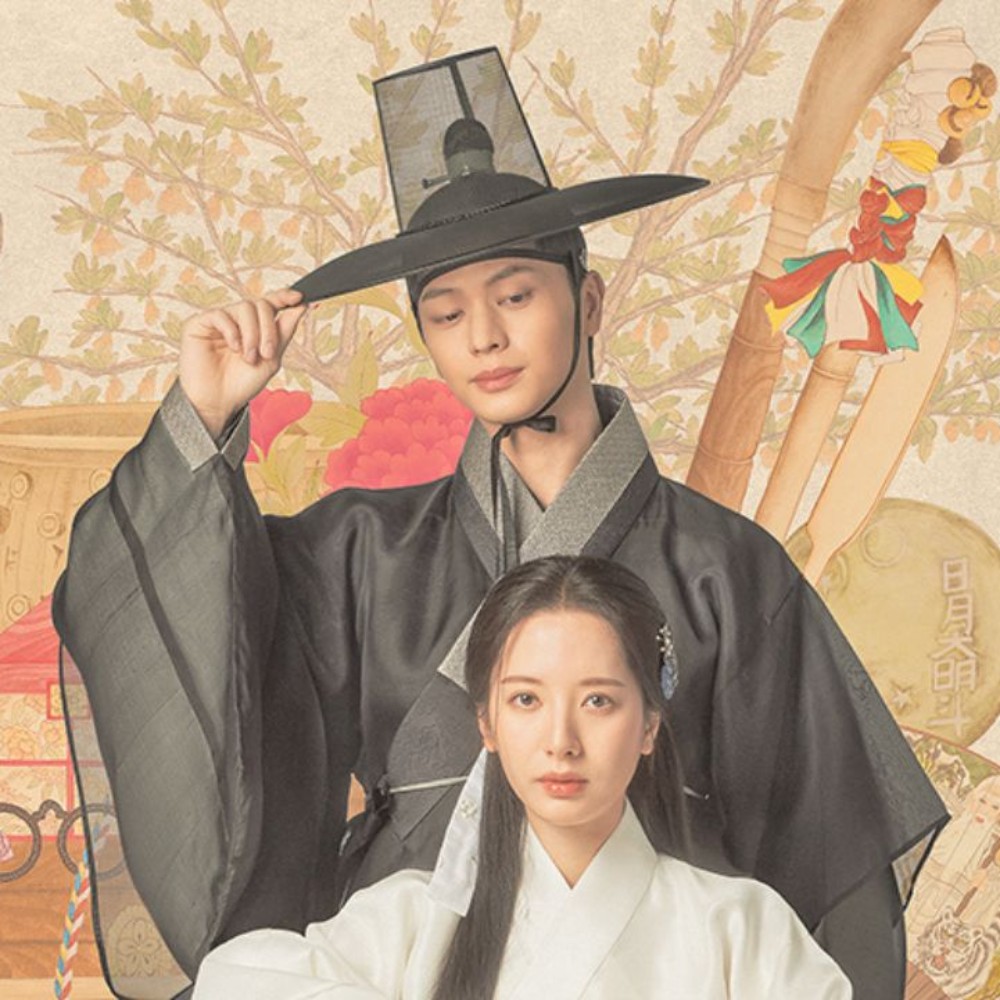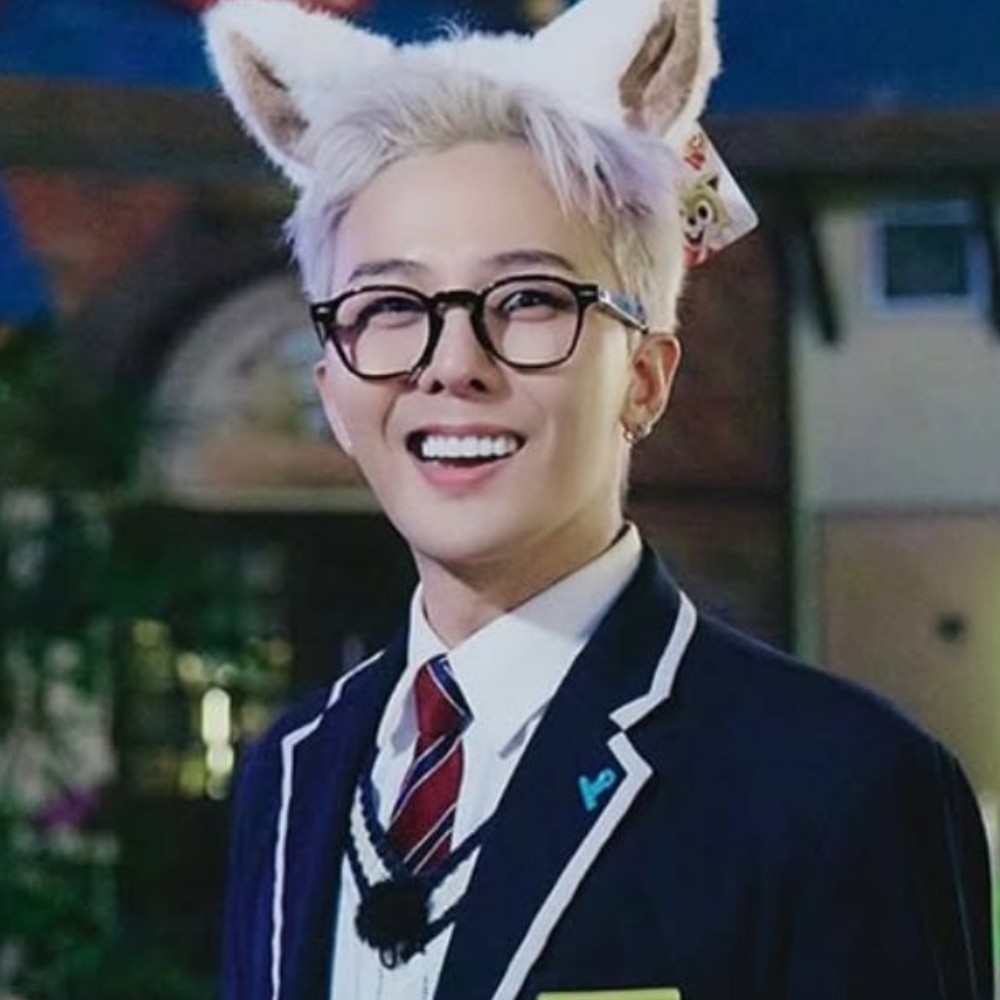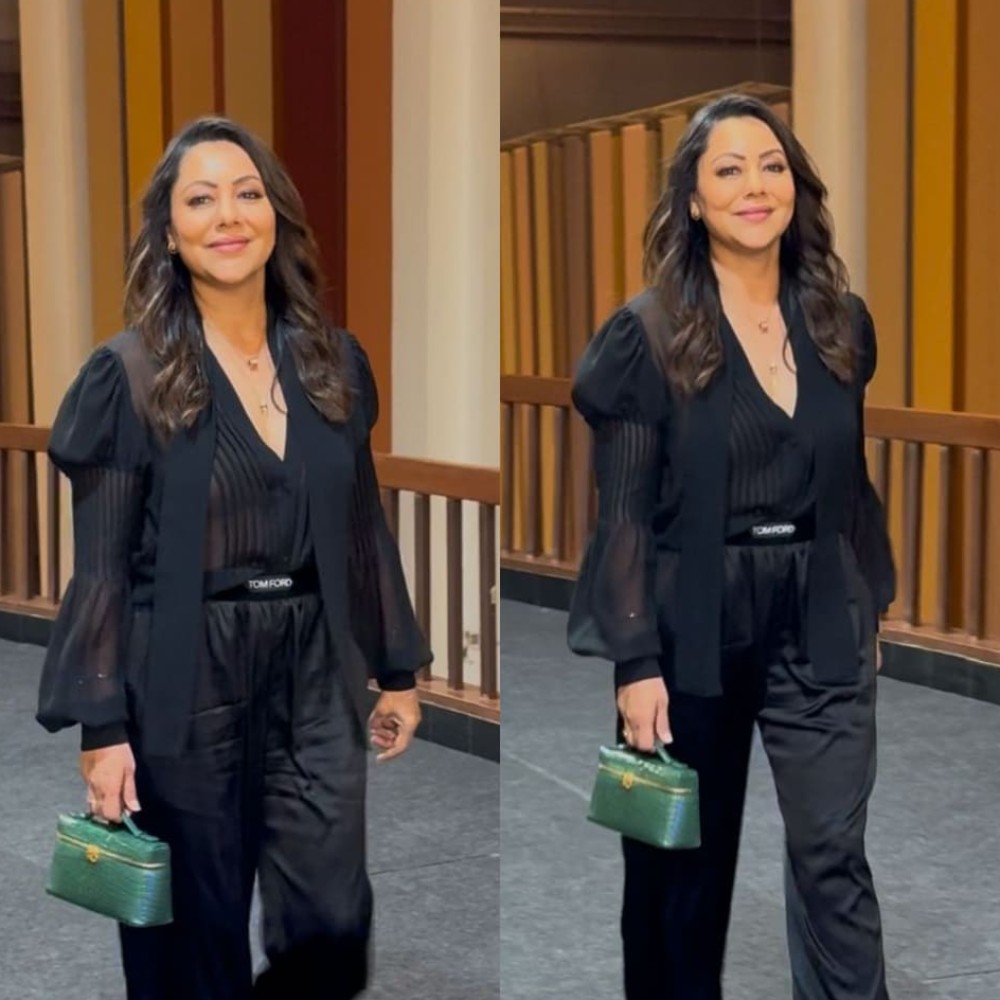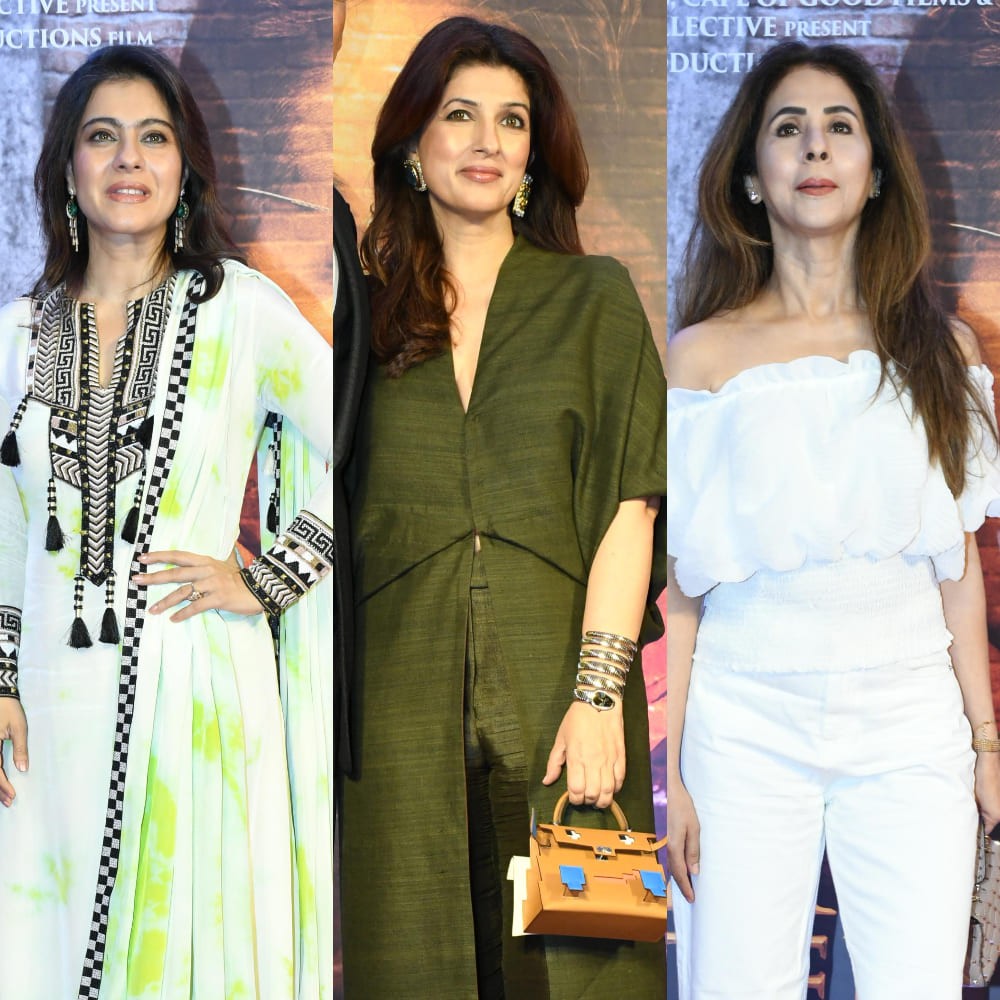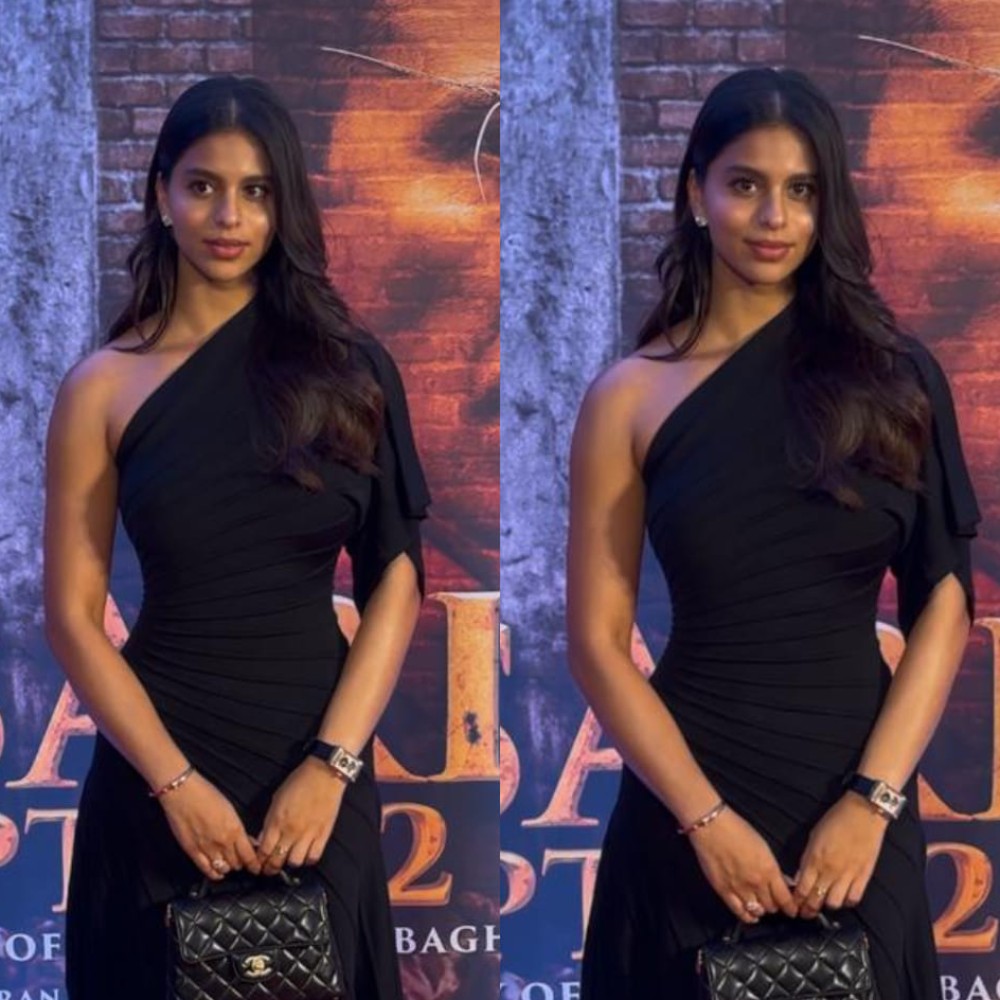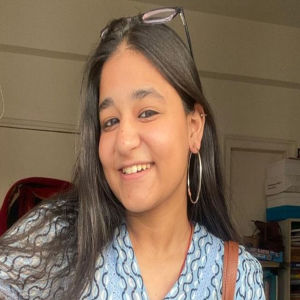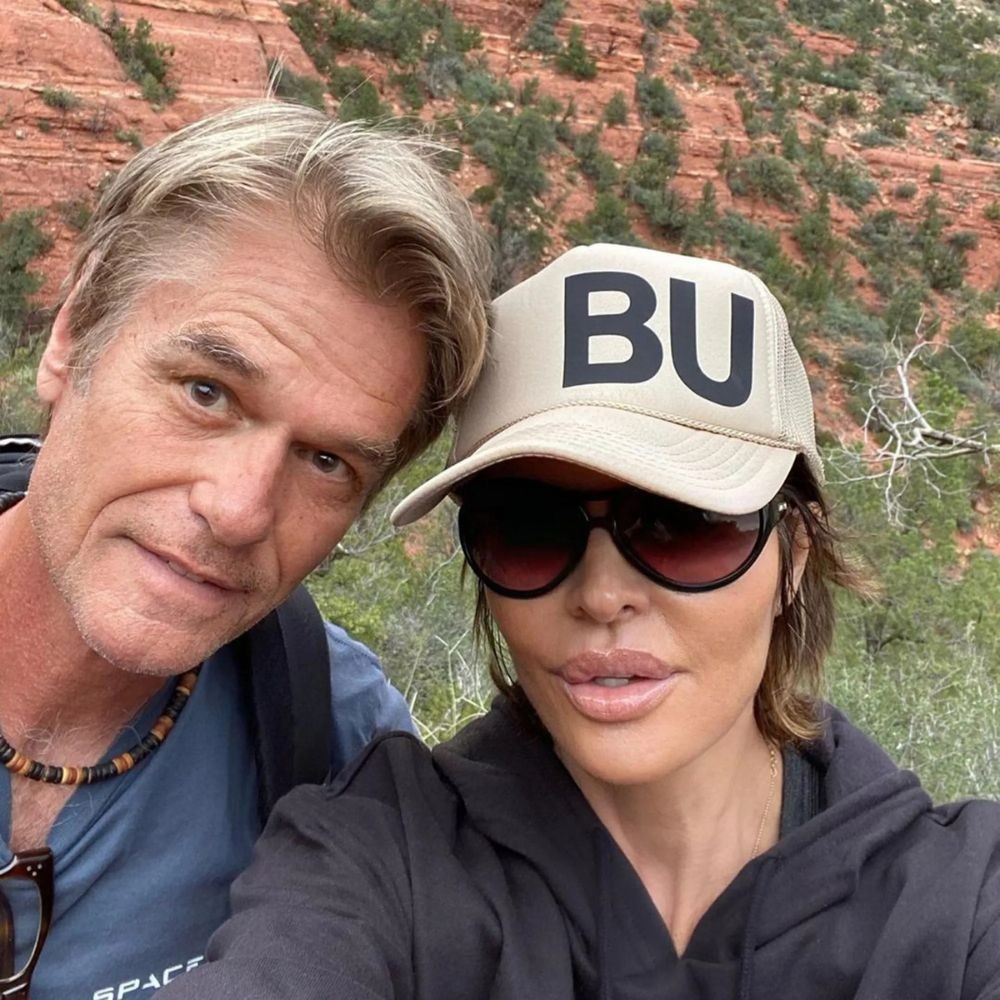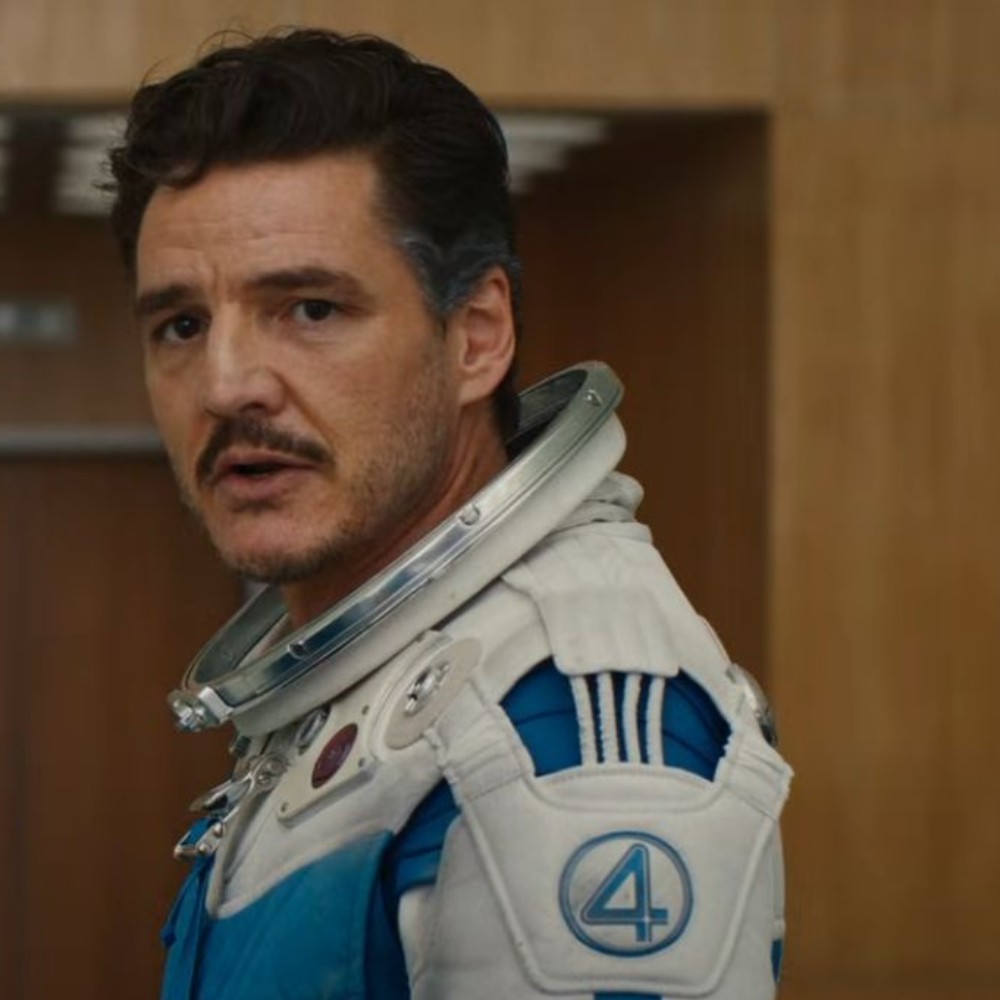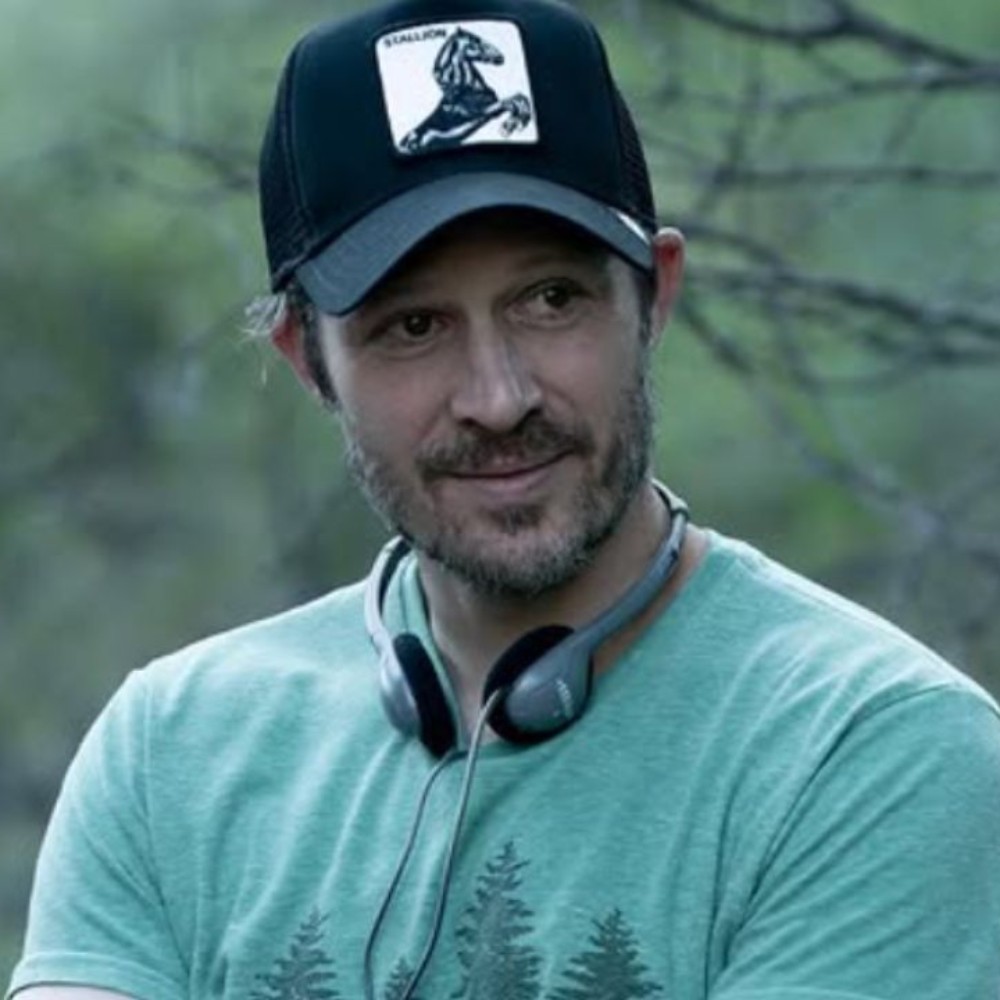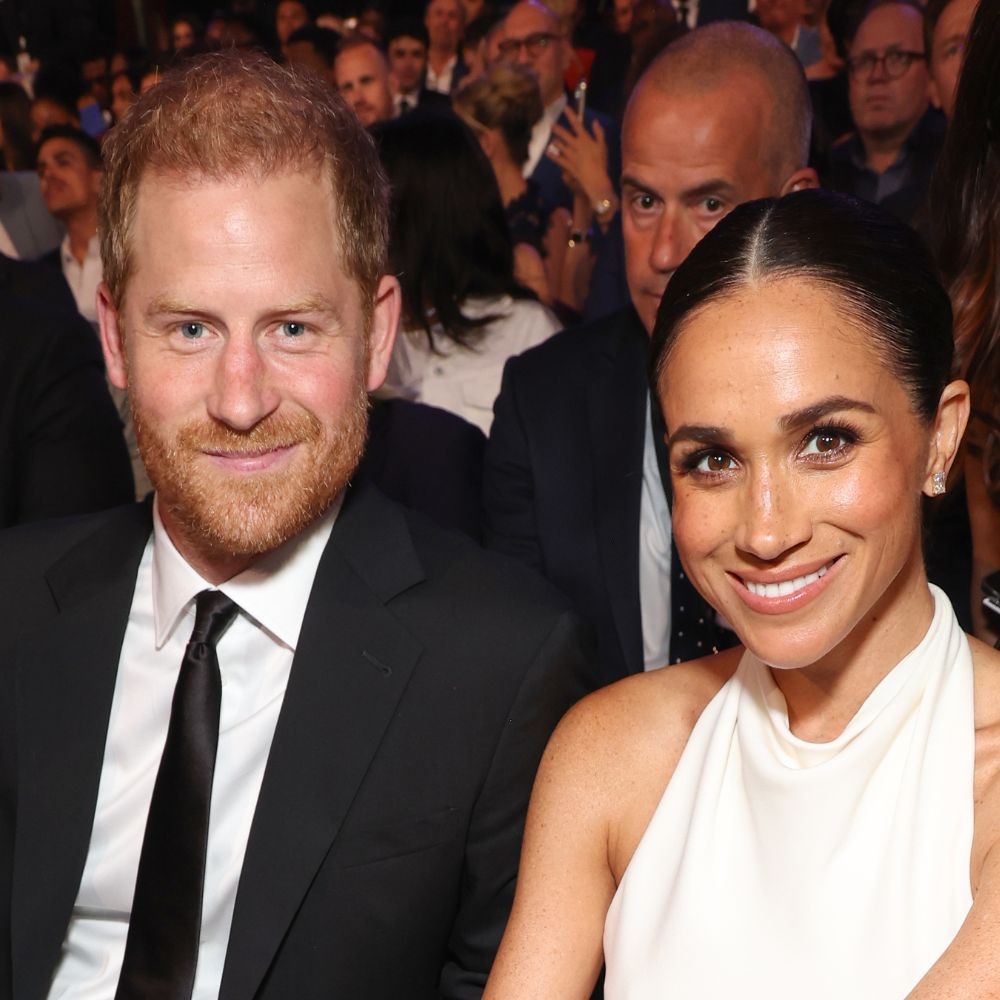Why Was The Finale Of We Were The Lucky Ones A Challenge For The Showrunner? Find Out
The showrunners of We Were the Lucky Ones are facing a lot of difficulties as the show approaches its conclusion. Read on to learn more about it in detail.
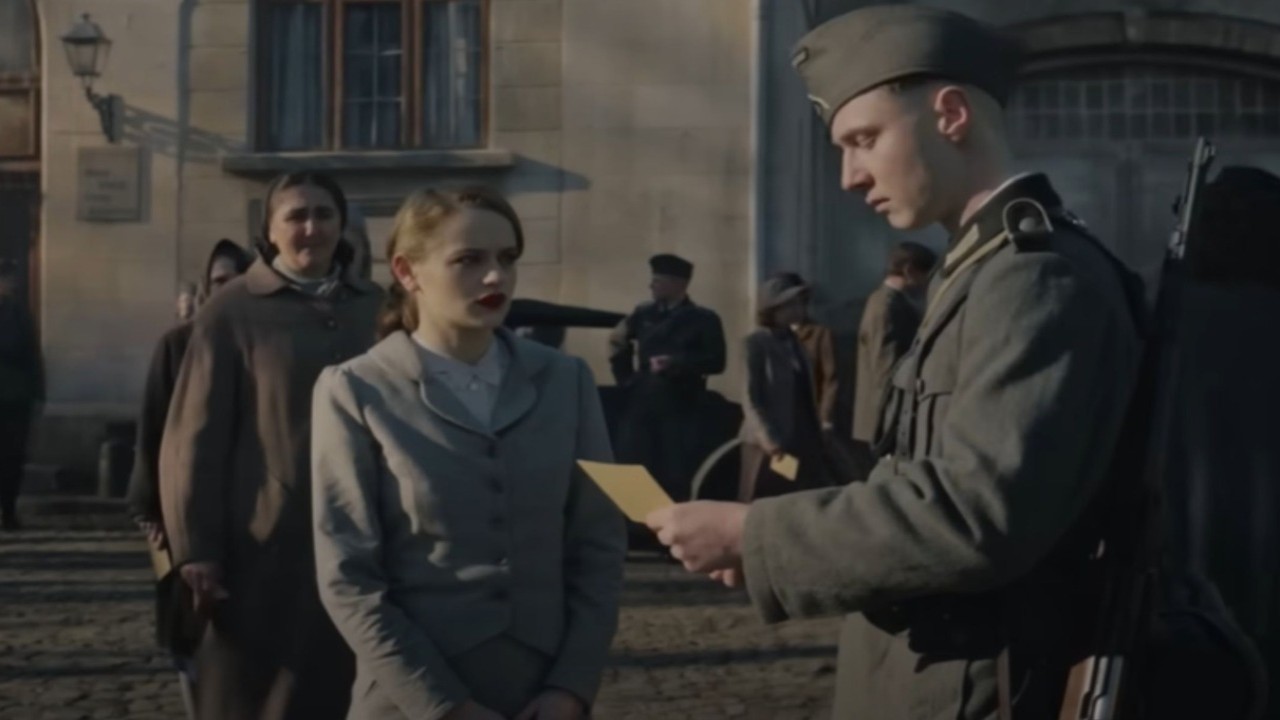
The finale of Hulu's We Were The Lucky Ones presents the Kurcs with seemingly insurmountable obstacles. Halina, who is currently in custody and being interrogated by German authorities, faces a daunting situation. Mila, who had to separate from her daughter, is now trying to reconnect with her amid the chaos.
Meanwhile, Addy, who has been separated from his family in Brazil, is filled with fear for their safety. Showrunner Erica Lipez, aware of the complexities of a large ensemble cast and a story spanning continents, faced the daunting task of bringing their stories to a satisfying conclusion.
The emotional journey of writing and filming We Were The Lucky Ones
Showrunner Erica Lipez told The Hollywood Reporter that one of the hardest things she had ever done as a writer was to write the finale while filming. She said she felt a great sense of responsibility to give everyone a fantastic finale after seeing the actors perform.
The final episode of Lipez's miniseries primarily focuses on the period right after World War II, as different Kurc family members—a Polish Jewish family that has been dispersed throughout the globe to survive—seek out reunions.
The first shot of the episode shows horrific, bloody torture, and the last scene shows the family getting back together for Passover and passing food to one another across a warmly lighted dining table. The episode's emotions run the gamut from strong to weak.

“The fact that they all survived, and the fact that, over the course of this episode, they find each other — those are some of the most joyful things I’ve ever gotten to write,” Lipez says. “But also embedded within that is the very real pain of surviving something like that. It comes at a cost.”
We Were The Lucky Ones is based on the novel by Georgia Hunter, which was inspired by her real family, even though the Kurcs' perseverance and survival may at times appear unbelievable. According to Lipez, the original work served to level the characters' experiences' extremes.
She continues, "Having an incredible writers' room" is a perk. According to her, writing is a team sport. "I made sure the right writers were hired." About fifteen minutes into the series' climax, the cast of characters—many of whom are still alone and unable to communicate with their loved ones—hear over their radios that the war is finished, symbolizing the dichotomy of optimism and despair that the show so brilliantly depicts.
The impact and resilience of We Were The Lucky Ones
In an instant, the streets are filled with revelry, and King's Halina declares, quite solemnly, "We search for everyone. I'm going to the Red Cross tomorrow to make sure our names are all listed.”
“We’re so used to seeing celebratory moments from when that happened,” Lipez says of the war’s official end. “We’ve all seen the iconic photographs, we’ve heard the cheers. But for people who had lost people and were still missing people, it just seemed logical that there wouldn’t be that kind of celebration for them.”
Rather, it was "the beginning of a new kind of war," according to her. The show has been led by this unwavering perseverance from its inception. "We discussed resistance in all of its forms a lot in our writers' room, as well as with the actors and directors," explains Lipez.

While some Kurcs saw fighting as a traditional military endeavor, others fabricated documents to conceal their identity, and still more fled to South America or Palestine via trains or boats. The characters' "daily acts of just living, advancing their lives, of finding ways to connect with people, to love their families, to fall in love, to have kids, to just advance themselves as humans" are what Lipez describes as leaving her "just so in awe."
The method by which We Were The Fortunate Ones portrays the monotony of survival distinguishes it from other Holocaust plays and also explains why the film's production was so difficult. Although Lipez acknowledges that the group narrative wasn't "going to be a particularly appealing proposition to networks," she nevertheless states, "I knew it was a once-in-a-lifetime story."
Ultimately, it took her two years to secure a place at Hulu, a consequence she believes was influenced by the global experiences during the pandemic. This show dealt with a split family. You see people struggle for years just to survive and return to the dinner table. Even though the pandemic and the Holocaust were so different from one another, I believe there was something about that difference. We could all relate to that kind of acute need for loved ones. It struck a fresh chord,” the speaker said.
She mentioned that everyone is feeling the pain of the world right now. She acknowledged the timeliness of their project and expressed her belief in the family and the project's message.
She described it as a profoundly human story and hoped that people were connecting with it, regardless of their perspective, and recognizing the family's humanity. We Were The Lucky Ones has all eight episodes accessible on Hulu.
ALSO READ: We Were The Lucky Ones Season 1 Episode 7 Release Date, Where To Watch & More





 JOIN OUR WHATSAPP CHANNEL
JOIN OUR WHATSAPP CHANNEL